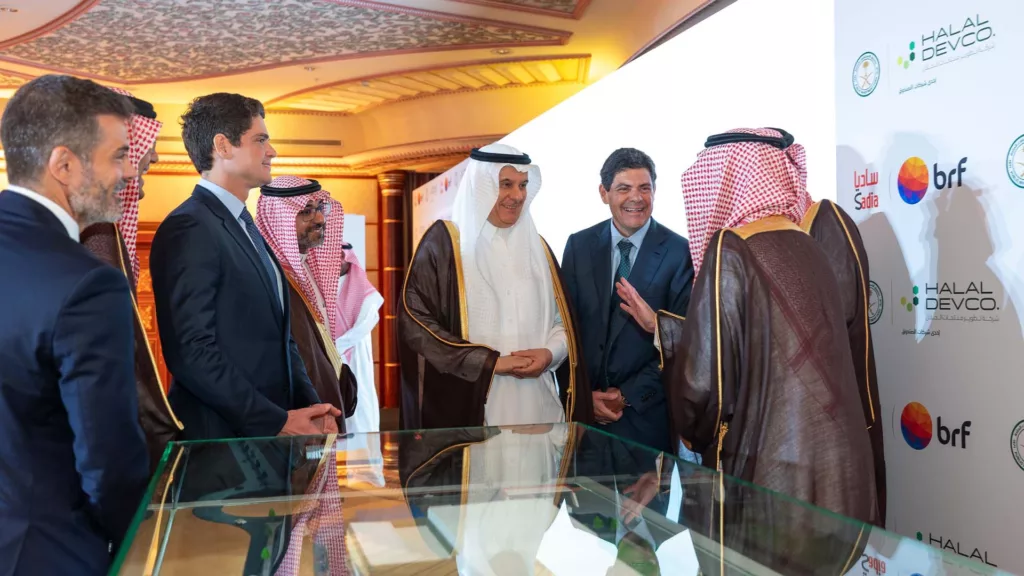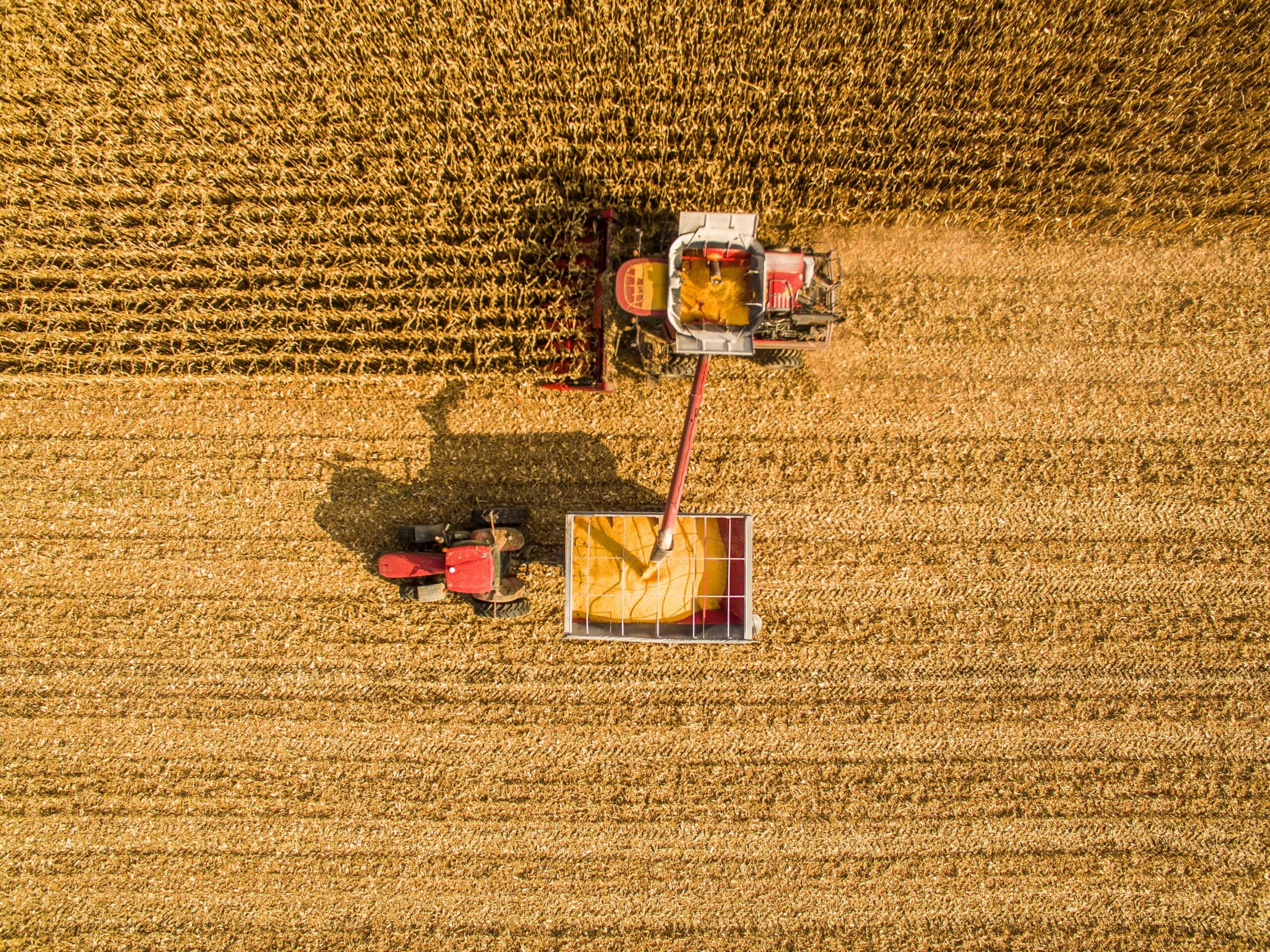
Brazil’s chicken BRF has announced a major step toward cementing its leadership position in Saudi Arabia, moving forward with a long-anticipated project in partnership with the Kingdom’s sovereign wealth fund.
The Brazilian chicken giant and Halal Products Development Company (HPDC), a subsidiary of the Public Investment Fund (PIF), will jointly invest $160 million to build a processed foods plant in Jeddah, the Kingdom’s second-largest city.
Dedicated exclusively to processed food production — a segment growing at double-digit rates in the country — the facility will have an initial annual capacity of 40,000 metric tons, with infrastructure designed to double output as demand increases. Operations are expected to begin by mid-2026.
The investment will be split according to the ownership structure of the companies’ joint venture, BRF Arabia Holding Company: BRF will contribute 70% of the funds, while HPDC will cover the remaining 30%. This year, $63 million will be allocated to the project, with the remaining $98 million planned for 2026.
The plant marks the latest move in BRF’s expansion in Saudi Arabia and deepens its strategic partnership with the Kingdom’s sovereign wealth fund, aligning with the country’s broader goal of food self-sufficiency.
“This facility is central to food security and technology transfer. It has the blessing of all the authorities and is truly meant to support them,” said Igor Marti, BRF’s vice president for the halal market, in an interview with The AgriBiz.
“The plant will not only meet growing domestic demand for processed products, but also reduce the Kingdom’s reliance on imports by offering high-quality, locally made alternatives,” added Fahad Alnuhait, CEO of HPDC, in a statement. “It directly supports HPDC’s broader mission to develop the halal ecosystem and position the Kingdom as a global hub for halal products.”
The launch ceremony, held this Monday in Saudi Arabia, was attended by the Saudi Minister of Environment, Water and Agriculture, Engineer Abdulrahman Al-Fadhli, as well as BRF Chairman, Marcos Molina, BRF Arabia CEO, Marquinhos Molina, and Igor Marti.
Strengthening Ties
BRF’s relationship with Saudi Arabia — a key market for the company — spans decades. The Sadia brand first entered the country in the 1970s and has since become a market leader. Local production efforts have ramped up in recent years in response to Saudi Arabia’s goal of achieving self-sufficiency in poultry by 2030.
The challenge is significant. As more women enter the workforce, demand for processed foods is rising rapidly — and is expected to continue doing so. Saudi Arabia’s population is projected to reach 50 million by 2030, up from around 30 million today.
BRF began producing processed foods in Saudi Arabia in 2022, operating a smaller plant in Dammam with a 16,000-ton capacity.
In October last year, BRF announced its entry into poultry production in Saudi Arabia, acquiring a stake in local producer Addoha Poultry Company through its partnership with the PIF.
The new poultry unit will supply part of the raw material for the upcoming processing plant in Jeddah, though it will not be able to meet the full demand. As such, most of the chicken to be processed at the facility will continue to be imported from Brazil.
“There’s a shared desire to increase local production of raw materials, but that’s a gradual process,” Marti said.
With the new plant set to triple BRF’s processing capacity in the Kingdom, the company is completing an ecosystem it has been building for years — starting with brand presence, followed by distribution, processing, and local slaughtering operations.
This latest investment further strengthens BRF’s competitive edge over rivals in Saudi Arabia, which has introduced policies combining market entry barriers and economic incentives to favor foreign companies that invest locally. It’s worth noting that Salic, the Saudi Agricultural and Livestock Investment Company, holds an 11% stake in BRF.




